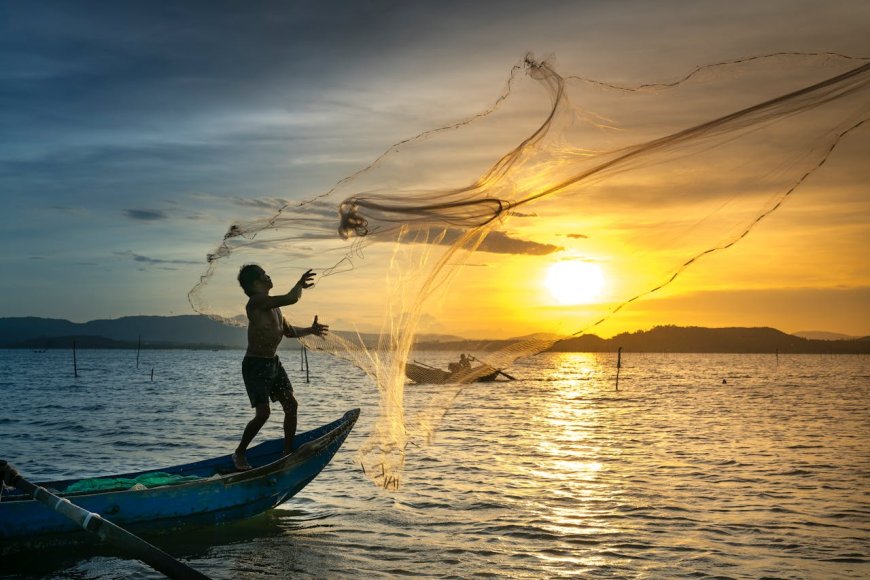Fishing Kept Them Afloat For 700 Years. Now They Are Drowning In Debt
For nearly seven centuries, the Koli community in Mumbai has been making its subsistence from fishing, the Arabian Sea offering an abundance of piscine riches to enable it to do so. Today, however, the Kolis are having to venture farther and farther

Fishing Kept Them Afloat For 700 Years. Now They Are Drowning In Debt
News by dharmyuddh.com
The Historical Significance of Fishing
For centuries, fishing has been a vital source of sustenance, income, and culture for many communities across the globe. Particularly, certain coastal communities have thrived on fishing for over 700 years, relying on the bounty of the sea to support their lifestyles and contribute to local economies. Fishing is not merely an occupation; it embodies tradition, heritage, and a way of life passed down through generations.
Modern Challenges Facing Fishermen
Despite its rich history, the fishing industry is undergoing a tumultuous transformation. Today, many fishermen find themselves in the grip of overwhelming debt. The rising costs of fishing licenses, fuel, gear, and maintenance have created an unsustainable financial burden. Additionally, environmental factors such as overfishing, changing climate conditions, and regulations have further strained the industry, leading to diminished catches and income.
The Drowning Debt Crisis
Communities that once thrived as fishing hubs are now experiencing economic difficulties. Fishermen are drowning in debts that some can only compare to tidal waves. Many have taken out loans to replace aging equipment or to cover operational costs, only to find that their yield does not match their expenses. The combination of technological advancements, changing market demands, and regulatory pressures adds to their plight, making it difficult to stay afloat financially.
The Future of Fishing Industries
Looking forward, it is essential for various stakeholders, including governments, NGOs, and the fishing communities, to come together to explore sustainable practices and innovative solutions. Implementing better management of fish stocks, investing in eco-friendly technologies, and providing financial support can pave the way for revitalizing the industry. It is crucial to find a balance between tradition and contemporary economic realities to ensure that fishing remains viable for future generations.
Conclusion
The story of these fishermen is a stark reminder of the challenges that come with changing times. While fishing has historically kept communities afloat, the present circumstances show that without support and adaptation, they may drown in debt. For more insights and updates on this pressing issue, visit dharmyuddh.com.







